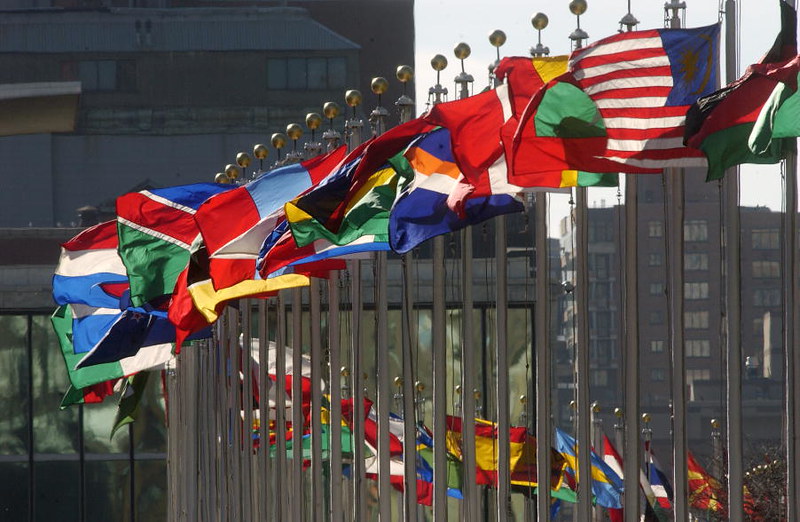By Abdullah Dowaihy
Secretary General of the United Nations Antonio Guterres started the general assembly debate by telling leaders that “the world must wake up,” because it is “on the edge of an abyss.” The Secretary General also warned world leaders are “moving in the wrong direction” given that human rights are backsliding, there is not much progress on solving climate change, and starvation has become a new normal for families in war-torn countries. The Secretary General’s speech was unusually blunt and disturbing, especially given that typically the secretary speeches tend to be a little hopeful. But we should not be surprised by the tone of that speech, because the UN was created to prevent more crises, such as World War 2, from happening again. Yet, we are in a pandemic, human rights are not improving, climate change is still damaging our environment, and wars are still raging. So now we have to ask ourselves this question: how can we save our planet from this doom?
My answer is simple: Countries, especially the most powerful ones, should invest more in global development and less in defense. For example, the United Kingdom announced this year that it plans to reduce international development aid, spending 4 billion pounds less than last year. One could argue that the UK’s decision makes sense because COVID-19 impacted its economy, so it has to re-adjust its spending. However, that is not the case here because UK Prime Minister Boris Johnson announced in late 2020 that he would increase the defense budget by 16.5 billion pounds in the next four years.
The UK is not the only powerful country to spend more on defense rather than global development. It was reported that the US would be spending $740 billion for defense while only spending $58.5 billion on global development or USAID in 2022. It is evident that the defense budget is disproportionately higher than the development one. This global trend amongst powerful countries to allocate more spending towards defense rather than development perfectly explains why our world is in a state of crisis. We have countries that care more about dividing the world rather than ensuring human rights for all.
But the other question one might ask is: can global development solve international crises better than upgrading military capability? There could be many answers to this, but the one clear fact is that upgraded weapons will never ever solve the biggest challenges of today, like environmental issues, pandemics, poverty, food insecurity, and the list goes on.
“Climate change poses severe international and national security risks” to many countries around the world, says Catherine Weaver, an associate professor at the University of Texas at Austin in an interview I conducted with her. During the interview, she emphasizes that global problems related to climate change range from “increased prevalence of extreme weather events,” which can destroy homes. Also, climate change can cause “forced displacement,” which can cause internal political crises at national borders. Finally, climate change can be a source of “conflict over increasingly scarce natural resources such as water,” which leads to more unnecessary diplomatic disputes. Professor Weaver suggests that if the US can invest“a mere $100 billion” from its overly large defense budget and put into the USAID budget, it “would satisfy the 2009 [Conference of the Parties] agreement for $100 billion in new and additional aid for climate change.” Thus, it is a moral duty for countries to reallocate some of their defense funds to the global development budget if they care about their own people. Development can not only play a crucial part in international security but also boost our chances of living in a better world.
This should not be a tough task for powerful nations. All they have to do is to just add more to their development budgets, which could also motivate other countries to do the same. Instead of spreading military-oriented, antagonistic, and exclusive trends, we should start a global trend where governments will consider protecting the human rights of global citizens a top priority. With this new global trend, we, especially governments and NGOs, can confront any security threats in the future while respecting the value of human life, not the quantity and quality of their own weapons.

